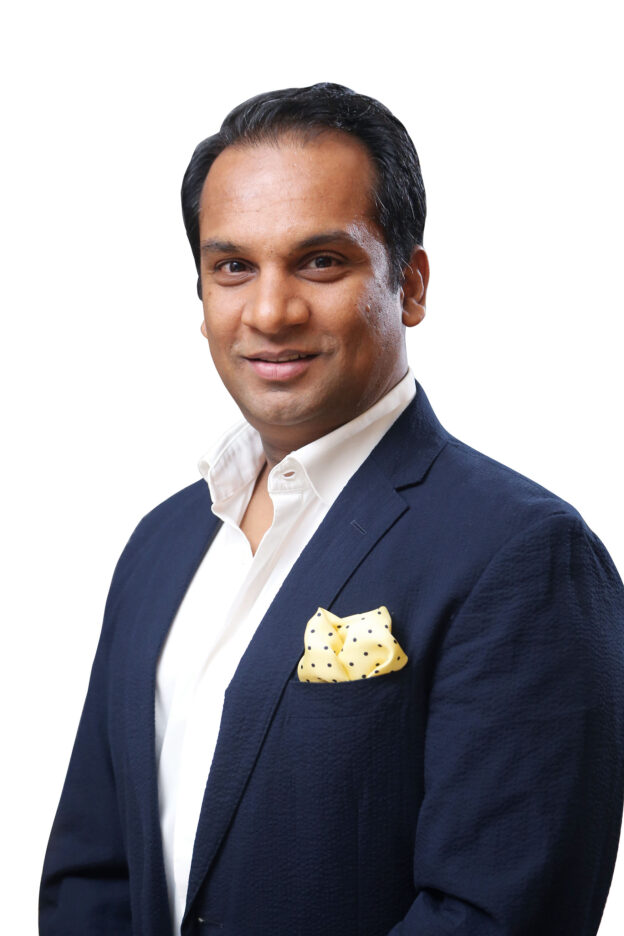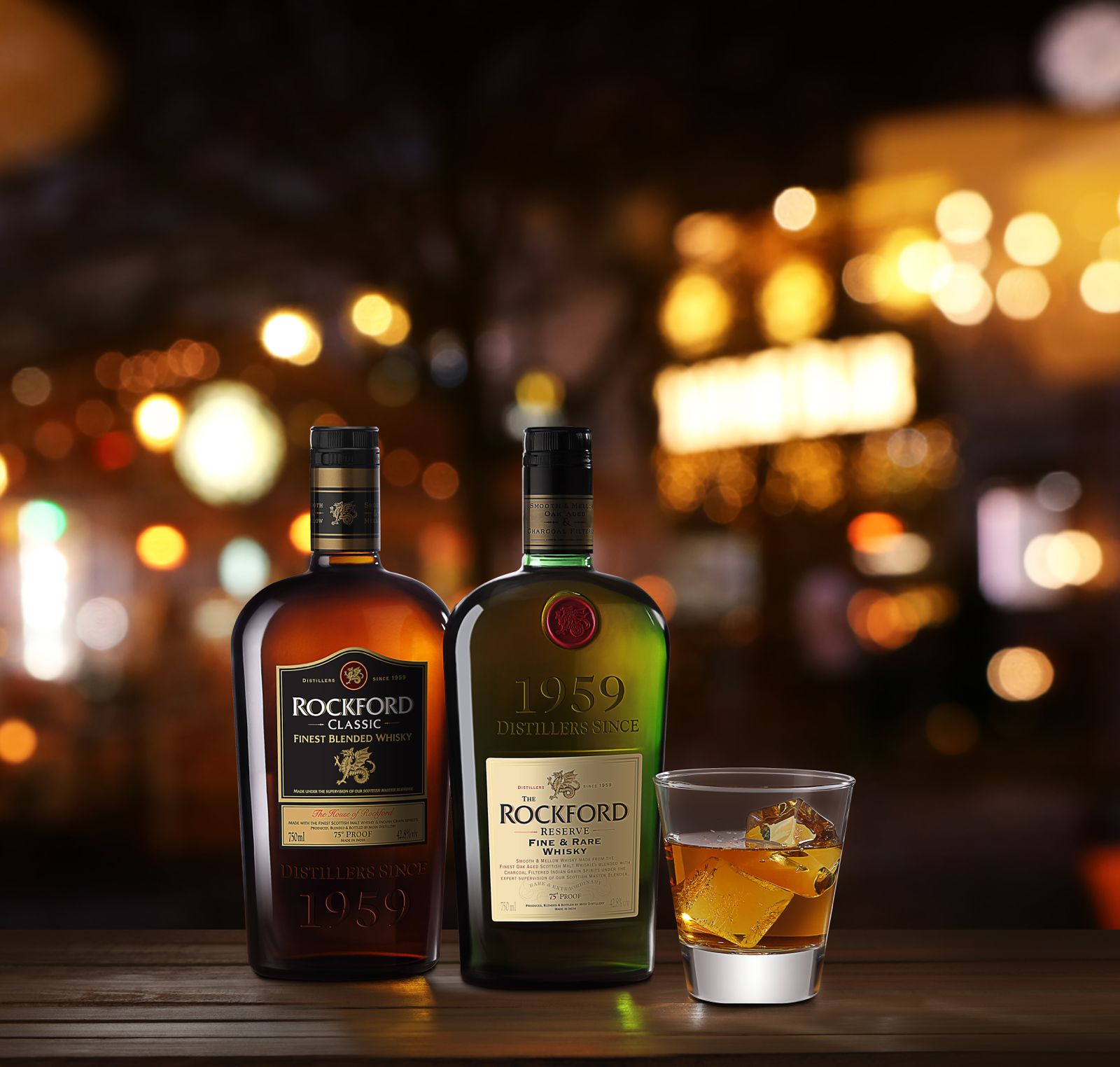The Founder and CEO of Bira91, Ankur Jain in a LinkedIn post has briefly addressed his ‘team’ on the ongoing crisis and there has been mixed reaction to the post, some baying for his blood, while others hoping that the brand will bounce back.
Jain’s post read “Most of you may have read media articles about the company in the past couple of days and I would like to address these articles and share light on the direction in which we are headed.
“First, my singular focus is on completing the fundraise and protecting the interests of Bira 91 and its employees. My commitment to Bira 91 and to each of you is foremost: I am in discussions with investors to secure the capital required to protect your interests and stabilize the business. A lot of you may have read recent media coverage on the progress we have made on capital raise in the recent days – and while there are still many bridges to cross, we are confident that we will be able to bring these efforts to a positive conclusion, subject to co-operation of our investors. All stakeholders have been supportive of positive outcomes for the company in the past, and we are sure that they will continue to stand by the company and support our efforts.
“Second, it is my commitment that employees are being and will be prioritized in entirety in the fundraise efforts. I am keenly aware of the disappointment and distress, however, trust me – no employee’s interest will be sacrificed as we succeed in our efforts. In the last ten plus years, my attempt has been to ensure that payroll goes out on time, even at the cost of other critical investments. Our track record from 2015 to early 2025 has demonstrated this value and prioritization, and I am confident continuing the same culture with the new fundraise. We have seen negative press on the company recently – which is inaccurate in several facts, unsubstantiated and driven by convoluted and cynical objectives. Despite this speedbump, I am optimistic that we will bring back Bira 91 on the growth highway.
“Third, I along with the management team are standing firm and are doubling-down on our efforts to restore the company to the heights we achieved together – including to raise capital and accelerate business operations. We are here to stay, and I firmly believe, no one cares about this team, brand and organization more than this leadership team. We are certainly the most committed team that wants to bring this company back to its much deserved health, and in short order, we will get there.”
A strong reaction came from Arun Purohit, a minority stakeholder in Bira, who said that Jain’s post was generic and did not address specific issues damaging the reputation of the company.
Purohit questioned “Why was the renaming planned and executed in such horrible/haphazard way that BIRA disappeared from all stores for months? Why proper compliance officers who handle excise and interstate logistics were not consulted?”
He also pointed to news items wherein some key employees had sought the removal of Jain from the post of CEO and wanted to know what brought things to this abysmal level. “The tone of your post communicates -BIRA is struggling for its fund raise. It doesn’t have clear support of existing investors today. I didn’t subscribe to the Rights issue. Thumb rule of investing: You are not ready for funds when seeking the investors out but when they are seeking you.”
Purohit concluded that Bira needed good management guidance and a person who can speak truth to the CEO. “Sycophants around will only drive you down the doom loop.”
A similar reaction came from Kedar.D who said “Bira91 asked employees to resign the same day, no warning, no option. HR was furious if someone delayed resignation by even a day — but now it’s been months and not a single full & final or Provident Fund has been cleared.
“You promised to pay dues and protect employees — but those same people are struggling with home loans, kids’ fees, and family needs.
“You don’t even reply to mails. Instead, you come here on LinkedIn to sound sympathetic.
Should I post screenshots of the conversations and promises made?” Kedar also questioned
Kirin Holdings Co., Ltd and Peak XV Partners asking them whether this is “your definition of leadership and accountability?”
Kirin, a global brewing major that owns around 20.1% of Bira 91, has been a key strategic investor since 2021. The Japanese company, known for its Kirin Ichiban beer, entered India through Bira to capture a share of the country’s rapidly growing premium beer segment. Peak XV (Sequoia Capital) was the largest shareholder in Bira with 24.83% holding.
There are vendors who have posted that their bills have not been cleared, one mentioned a bill of Rs. 17 lakhs pending.
Akshay Tiwari in his reaction to the post said he knew an employee whose daughter had been sent back home from school for not paying fees and a person who had defaulted on home loan. “You have literally destroyed people’s lives.”
But there are many who are backing Ankur Jain and the brand Bira to bounce back from these troubling times. The Senior Vice President, Chief of Integrated Supply Chain and People at Bira91, Sudhir Jain said “I am confident that Bira 91 will bounce back.”
Sources have told Ambrosia that there are a number of employees who haven’t got their salary arrears and also vendors who haven’t got their due payments running into lakhs, waiting to see how this plays out and then file criminal cases against the CEO. Sources reminded that this was playing out like Kingfisher where the employees who were left in the lurch filed court cases.
How Ankur Jain is going to navigate through these difficult times, remains to be seen. However, one aspect is crystal clear – those in the alcobev industry have to be up to date with the quagmire of excise rules of the various states, if they need to survive.



